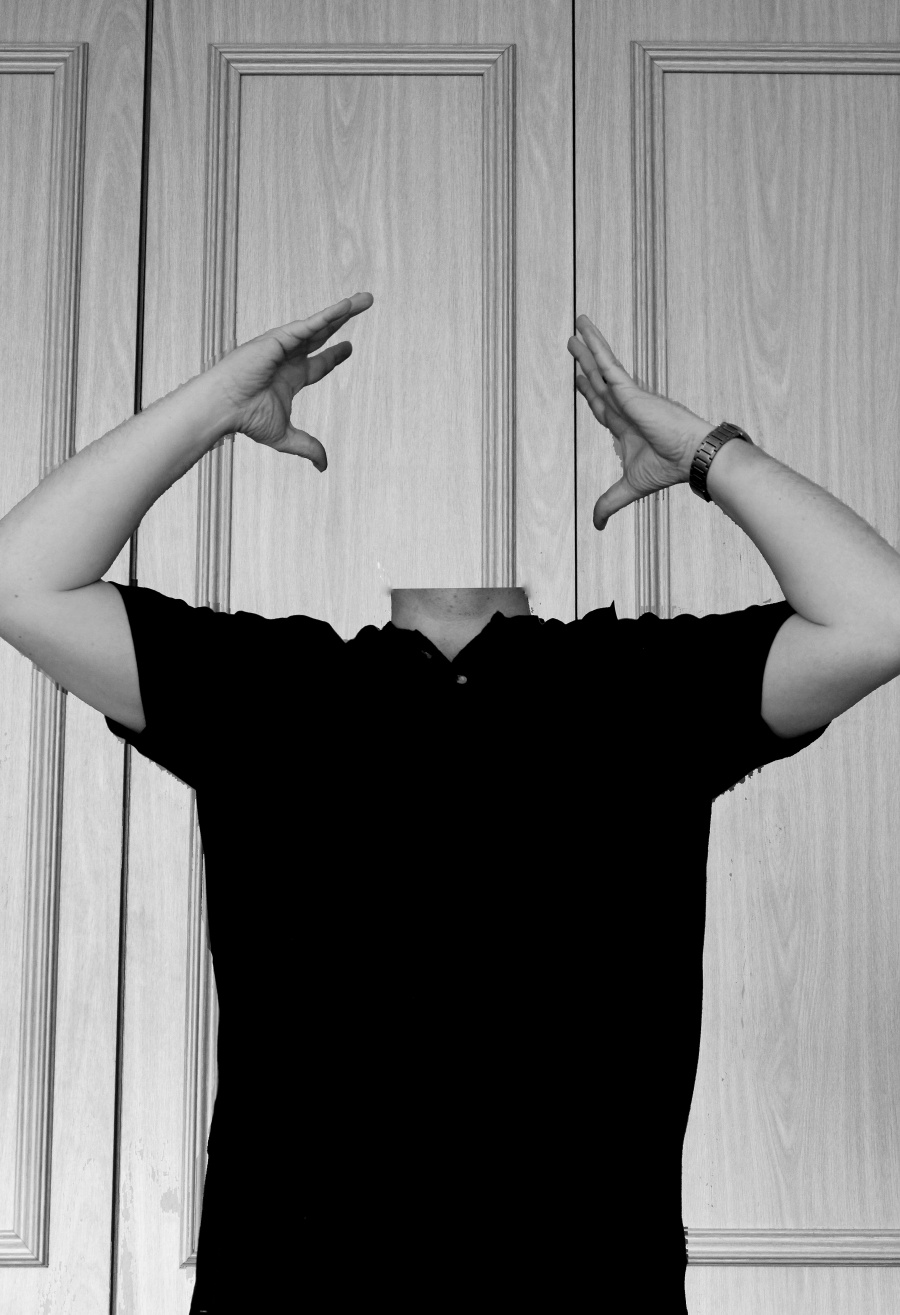“Every person is obligated to say, ‘The entire world was created for me’” (Sanhedrin 37a). “Consequently…I must constantly look into and consider ways to make the world better; to provide what is missing and to pray on [the world’s] behalf” (Likutey Moharan I, 5:1).
The freedom that we attained and celebrate on Pesach is not a freedom from being subservient to other people’s desires so we can be subservient to our own. The freedom of Pesach is the freedom to fulfill our mission in the world. It is our responsibility, individually and collectively, to be sensitive to the world’s needs and try to set things right. Each of us has to act in a way that he can be most effective in improving the world.
Being human beings, though, there is a limit to what we can do and how many places we can get to. With tefilah (prayer), though, we can touch the lives of many more people. (“Pray globally, act locally,” as it were. Nonetheless, what the world needs, or doesn’t need, has to be thought about carefully. Don’t spend pity and compassion on situations that don’t warrant it.)
While every prayer helps, how effective a particular prayer is depends on factors like concentration and sincerity. Rebbe Nachman teaches that there are two modes of prayer. The ordinary one is addressing God directly, asking Him to provide in the best possible way what is needed. The other is to tell a story. The ordinary mode works before a decree has been sealed, before Heaven decides that a particular situation must remain in effect. However, after the decree has been sealed, ordinary, undisguised prayer is blocked by destroying angels. A prayer of the second mode, cloaked in a story, may make its way past those angels and arouse God’s mercy.
A prerequisite for knowing if a decree has already been sealed or not is the simchah (joy) born from doing mitzvahs. By cheerfully using the various parts of your body in mitzvah-performance, every part of you can be happy. An unhappy person fails to notice the world’s “unwellness.” He won’t notice that something is out of order, so he won’t pray for the world to get better.
The happiness in performing mitzvahs comes from our faith in the mitzvahs. This is developed by praying in such a way that the words of the prayer make a solid impact on us, in a way that we hear them loud and clear. Then, when we do a mitzvah, there is a space in our heart for the joy that goes on to radiate throughout our bodies. But prayer can only have this power and this effect if we keep our minds free of chametz (leaven)—free of preoccupying thoughts of how to fulfill and perpetuate our desires, free of ideas that we don’t need to know.
Our Pesach preparations begin when we remove chametz from our homes. No cakes, cookies or sourdough pretzels in the cupboard, and no sour thoughts in the brain. Using our legs to go from room to room, we get down on our knees and use our eyes to inspect for chametz. What we find, we remove with our hands. The simchah begins to fill us.
When we arrive at the Seder, we come to a table full of mitzvahs and tefilah. (Try to be well-rested for the Seder. You’ll get a lot more out of it.) Pouring the wine for the person next to you, washing your hands, eating the vegetables, sitting comfortably—these and the other mitzvahs make use of almost the entire body. We begin to be filled with elation.
The Seder is filled with prayer. Kiddush, the blessings we make before eating and drinking at various points in the Seder, the Hallel that precedes the meal and the Hallel that follows it, are all undisguised prayer. The second mode of tefilah comes from the part of the Seder that makes this night different from all other Festival nights—the stories of the Exodus. For example:
“We were slaves to Pharaoh…”—may we never be slaves again.
“Rebbe Elazar ben Azarya said, ‘I was like a man of seventy…’”—“Do not cast me to old age” (Psalms 71:9).
“The Torah speaks about four sons…”—“God! Please make each of my children like the Wise Son!”
“Initially our ancestors worshiped idols…”—“God! I’ve made some pretty horrendous mistakes in my past—help me overcome them!”
The Seder’s concluding songs come in both varieties. (See Reb Noson’s interpretation of Chad Gadya at https://breslov.org//dvar/ zmanim/pesach3_5758.htm.) Stories shared by family and friends during the meal and throughout the Seder are disguised prayer.
a gutn Shabbos!
Shabbat Shalom!
(Based on Likutey Moharan I, 5)

